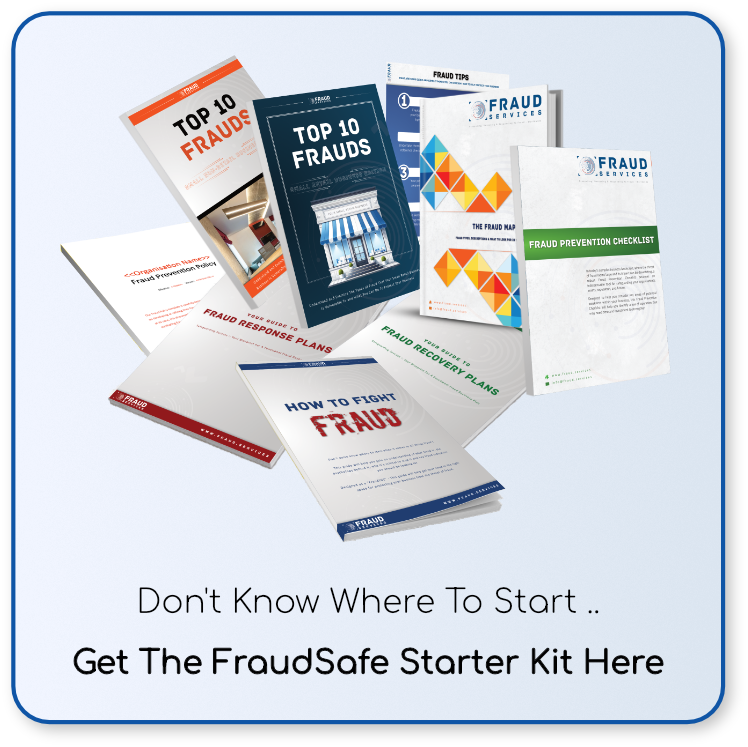Understanding Locksmith Fraud
Locksmith fraud is a growing concern, particularly in urban areas where the demand for emergency locksmith services is high. Fraudulent locksmiths often exploit vulnerable situations, such as when someone is locked out of their home or car, to overcharge or provide substandard services. These scams can range from inflated prices to unnecessary damage to locks, leaving victims with both financial and security concerns.
Common Tactics Used by Fraudulent Locksmiths
Fraudulent locksmiths employ a variety of tactics to deceive customers. Some of the most common include:
- Bait-and-Switch pricing: Advertising low prices to attract customers, only to inflate the cost once the job is done.
- Unnecessary lock replacement: Claiming that a lock is beyond repair and must be replaced, even when a simple fix would suffice.
- Lack of proper identification: Failing to provide proper identification or licensing, making it difficult to verify their credentials.
- Use of unmarked vehicles: Arriving in unmarked vehicles, which can be a red flag for fraudulent activity.
How to Identify a Reputable Locksmith
To avoid falling victim to locksmith fraud, it’s crucial to know how to identify a reputable locksmith. Here are some key indicators:
- Proper licensing and certification: Always ask for proof of licensing and certification. A legitimate locksmith will have no problem providing this information.
- Clear pricing: Reputable locksmiths will provide a clear and transparent pricing structure before starting any work.
- Positive reviews: Check online reviews and ratings to gauge the locksmith’s reputation. Be wary of locksmiths with consistently negative feedback.
- Physical address: A legitimate locksmith will have a physical address and a local phone number. Avoid locksmiths who only provide a mobile number or a P.O. box.
Steps to Take Before Hiring a Locksmith
Taking a few precautionary steps before hiring a locksmith can save you from potential fraud. Here’s what you should do:
- Research in advance: Don’t wait until you’re locked out to find a locksmith. Research and identify a reputable locksmith in your area beforehand.
- Get multiple quotes: Contact several locksmiths to get quotes for the service you need. This will give you a better idea of the average cost and help you spot any outliers.
- Ask for a written estimate: Always ask for a written estimate before any work begins. This will protect you from unexpected charges later on.
- Verify credentials: Use online resources or contact local licensing authorities to verify the locksmith’s credentials.
What to Do If You Suspect Fraud
If you suspect that you’ve been a victim of locksmith fraud, it’s important to take immediate action. Here are some steps you can take:
- Document everything: Keep detailed records of all interactions, including quotes, invoices, and any communication with the locksmith.
- Report the incident: File a complaint with your local consumer protection agency or the Better Business Bureau. This can help prevent others from falling victim to the same scam.
- Contact law enforcement: If you believe you’ve been the victim of a crime, contact your local law enforcement agency to report the incident.
- Seek legal advice: Consult with a legal professional to explore your options for recourse, especially if you’ve suffered significant financial loss.
Preventative Measures for Home and Business Owners
Prevention is always better than cure. Here are some preventative measures that home and business owners can take to protect themselves from locksmith fraud:
- Install high-security locks: High-security locks are more difficult to pick or tamper with, reducing the likelihood of needing emergency locksmith services.
- Regular maintenance: Regularly maintain your locks to ensure they are in good working condition. This can prevent unexpected lockouts and the need for emergency services.
- Educate yourself: Familiarise yourself with the basics of lock mechanisms and common issues. This knowledge can help you identify when a locksmith is being dishonest.
- Keep spare keys: Always keep spare keys in a secure location or with a trusted individual to avoid the need for emergency locksmith services.
Locksmith fraud is a serious issue that can have significant financial and security implications. By understanding the common tactics used by fraudulent locksmiths and taking proactive steps to verify the credentials of any locksmith you hire, you can protect yourself from falling victim to these scams. Always remember to research in advance, get multiple quotes, and document all interactions to ensure you’re dealing with a reputable professional. Taking these precautions will help you avoid the stress and expense of locksmith fraud.


